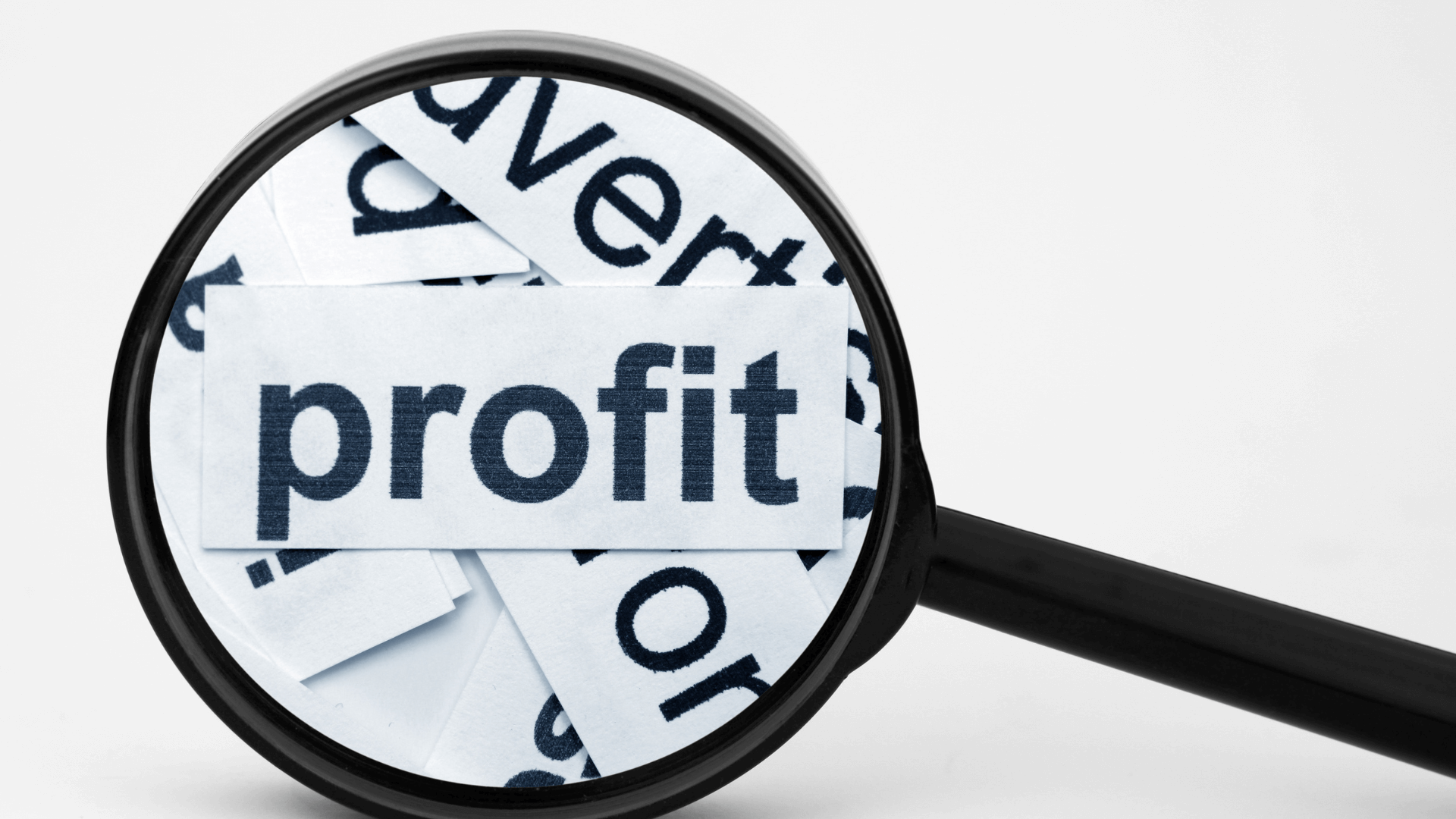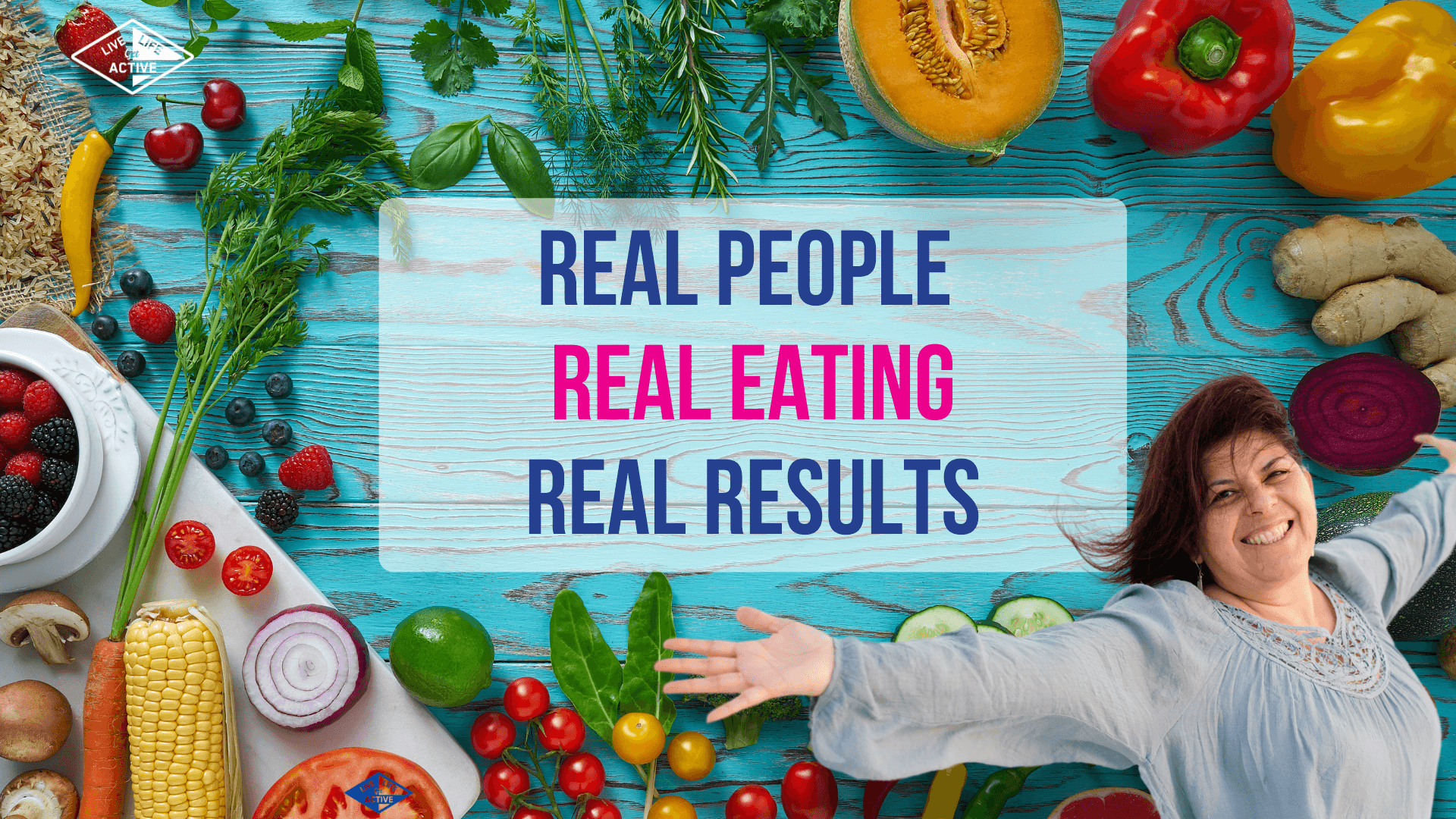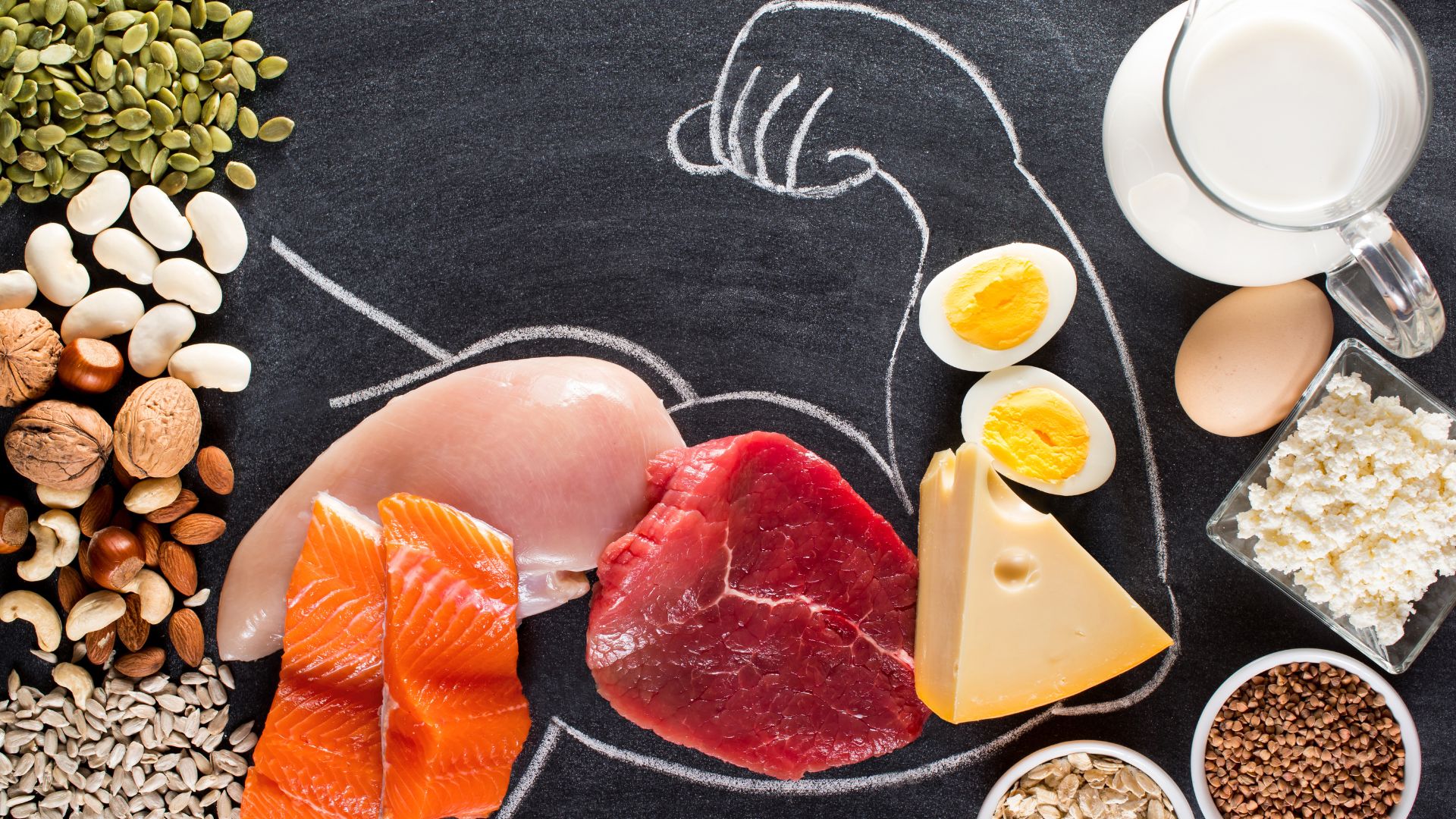The Truth About the Diet Industry: 5 Things You Need To Know

It’s time to talk about the diet industry and how unrealistic it is! We are real people with real bodies, and we should be eating in a realistic way that provides our body with good nutrition, boosts our metabolism, makes us feel good and improves our confidence.
Did you know 80% of diets fail? They lead to low self worth and poor body image and they make billions of dollars doing this!
Much of the diet industry has created a culture that promotes unrealistic body standards, enforces ridiculous food restrictions, crazy rules and pushes negative ideas about weight. Most diets are so unrealistic that they can’t be maintained long term and any weight lost is gained back as soon as people stop following the tight rules and restrictions. We get stuck in a cycle of trying to lose weight then gaining it back over and over again. And the diet industry profits from this cycle.
Firstly, What is your ‘Diet’?
Simply put, it’s your every day eating habits. Nutrition is what you get from your diet. On the other hand, a restrictive diet usually refers to a short-term, unrealistic plan aimed at goals like rapid weight loss. Your diet should energise your body and give you everything you need to thrive and be happy, not be something that brings you stress, pressure and causes low self-worth. Our goal is to say goodbye to diet culture and hello to a real way of eating that makes you feel really good.
Diet Culture – Why is it Detrimental?
Let’s explore some hidden truths about diet culture. Society has led us to believe that being thin = being healthy and beautiful. We see this message reinforced through the different aspects of diet culture, including:
- The body types celebrated on social media and in advertising, which distort our understanding of what a healthy body really looks like.
- Fad diets and products promising flat tummies that pop up everywhere on social media.
- The way our friends discuss weight and body image.
- The conversations we overheard growing up about weight, which can instil this toxic mindset from a young age.
In our quest to fit this ‘ideal’ image, we often turn to dieting. The diet industry thrives on our insecurities, convincing us that we need their ‘skinny teas,’ ‘slimming shakes’ or restrictive meal plans to ‘fix our bodies.’
We need to ignore these messages from this misleading industry that keep us trapped in a cycle of losing and gaining weight over and over and over.
5 Things You Need to Know About the Diet Industry
1. Most diets are Unrealistic
Most of the weight lost in a diet is regained within five years (Anderson, 2001) (McEvedy, 2017). Strict food rules aren’t sustainable in the long run because the human body is not designed to ‘diet.’ It’s designed to receive regular servings of a variety of real foods to keep energy levels up and everything functioning properly, both physically and mentally.
Here’s a look at why some popular diet’s aren’t realistic or necessarily good for us:
- Fasting: Our bodies aren’t designed to go long periods without eating, which can lead to low energy, fatigue, cravings and lowers our metabolism.
- Paleo: This diet restricts important food groups, potentially leading to nutrient imbalances, low energy, and fatigue.
- Low Carb: Carbohydrates are our bodies’ main source of energy. Without enough carbs, we can feel tired and low in energy. Unless for medical reasons, it’s better to include regular, nutritious sources of carbs.
- Calorie Counting: Tracking calories can feel restrictive, causing stress and obsessive behaviours that often lead to cravings, overeating and guilt.
- Slimming Shakes/Detox Juices: Shakes and juice lack essential nutrients and don’t provide the variety of flavours and textures our bodies need. Relying on shakes or juice is unsustainable in the long run.
What do all these diets have in common? The restriction and deprivation caused by these diets often sets off a cycle of cravings, overeating, and feelings of guilt, which can drag down your self-worth and keep the diet cycle going. So although these diets may lead to temporary weight loss, as soon as you stop following the strict rules you gain weight. This cycle of losing and gaining weight can happen over and over again.
2. Dieting has the potential to harm your health
Weight cycling (the process of losing weight then gaining it back), because of dieting can reduce your metabolism (Johannsen, 2012), increase your risk of developing diabetes (Zou, 2021), lead to poorer cardiovascular health (Byun, 2019), and elevate your risk of mental health issues like depression (Madigan et al, 2018). Our bodies require regular servings from a variety of real foods to function properly.
3. Your weight is not the sole indicator of health
Don’t believe what the diet industry tells you; your health is about much more than your appearance and what you eat. Health is multidimensional, it includes things like blood pressure, sleep quality, mental health, cardiovascular fitness, muscle mass and energy levels to name a few.
The bathroom scales weigh everything in your body, including muscle, bones, organs and fluids – but they can’t tell you much about the quality of your health.
Your waist circumference can tell you a lot more about your health. This is because having too much fat stored around your vital organs can lead to poor health outcomes. It’s important to remember that ‘healthy’ comes in all shapes and sizes thanks to genetics. This means we all store fat a bit differently across our bodies, so having some fat around your belly is perfectly okay and normal.
4. Is it all about profit?
Have you ever noticed how diet advertisements make you feel like there’s something wrong with your body? And then they conveniently offer you the solution – a diet or product you need to purchase. Did you know that Australians are estimated to spend approximately $493.3 million on weight loss products and services in 2024 (IBISWorld, 2024). The weight loss industry is a multi billion dollar global enterprise that profits massively from our insecurities.
5. Diets can create unhealthy obsessions
The diet industry can push you to become fixated on a certain weight and the idea of being ‘thin.’ Restrictive eating can lead to obsessions with your body and food, body image issues, increased stress, lowered self-esteem, and even depression (Madigan et al, 2018). ‘Dieting’ is not the path to a happy, healthy life.
Of course, if there is a diet out there that works for you, and if you are happy and healthy, then that’s fantastic. Or, if your doctor has you on a specific diet for health reasons, it’s important to follow their guidance. However, our aim here is to redefine what being healthy actually means and take the pressure off people to look a certain way or follow strict food rules to be considered as healthy.
So, How Are We Different from the Diet Industry?
We are going to show you REAL a way of eating that involves no rules and restrictions. You get to make your own food choices, but we will show you which foods will provide long lasting energy, boost your brain power, improve your mood, make your skin glow and give you a genuine sense of confidence and love for the skin you’re in.
Real eating means you can still go out to restaurants and socialise. Real eating means you can eat lots of yummy foods that give you good nutrition. Feeling good, feeling healthy and feeling happy is what’s important. This is what real eating can do for you!
Here’s why we are different:
- Instead of trying to make a quick buck, we have your health at heart.
- Instead of cutting out food we are focusing on adding more variety to your diet.
- We show you how much energy your body needs by calculating your very own Daily Energy Formula. We do this using specific information like your age, weight, biological sex and how much time you spend sitting and exercising.
- Instead of counting calories you will be guided by serving sizes and you will learn to listen to your hunger and fullness cues.
- We have practising dietitians and nutritionists, who work with men and women from all over the country and from all walks of life that will continue to support you with practical information.
- We have 10 years of experience working with different ages and cultures improving health and fitness.
Download your Free, Real Eating Plan Today!
Not a Member?
Simply fill out our registration form so we can get all the right information to personalise your healthy eating plan for you.
Already a Member?
How to download your Real Eating Plan:
- Login
- Click “Profile” at the top of your dashboard and ensure all details are up to date and accurate.
- Go back to your dashboard, scroll down and download your plan.
References
Anderson et al. (2001) “Long-term weight-loss maintenance: a meta-analysis of US studies” <https://academic.oup.com/ajcn/article/74/5/579/4737391>
Byun, S.S. et al. (2019) Associations of weight cycling with Cardiovascular Health using American Heart
Association's life's simple 7 in a diverse sample of women, Preventive Medicine Reports. Elsevier. Available at: https://www.sciencedirect.com/science/article/pii/S2211335519301627 (Accessed:October 25, 2022).
Cereda E, et.al (2011) Weight cycling is associated with body weight excess and abdominal fat accumulation: A cross-sectional study, Clinical nutrition (Edinburgh, Scotland). U.S. National Library of Medicine. Available at: https://pubmed.ncbi.nlm.nih.gov/21764186/ (Accessed: October 25, 2022).
Johannsen, D.L. et al. (2012) Metabolic slowing with massive weight loss despite preservation of fat-free mass, The Journal of clinical endocrinology and metabolism. Endocrine Society. Available at: https://www.ncbi.nlm.nih.gov/pmc/articles/PMC3387402/ (Accessed: October 25, 2022).
Madigan CD;Pavey T;Daley AJ;Jolly K;Brown WJ; (2018) Is weight cycling associated with adverse health outcomes? A cohort study, Preventive medicine. U.S. National Library of Medicine. Available at: https://pubmed.ncbi.nlm.nih.gov/29277416/ (Accessed: October 25, 2022).
McEvedy SM;Sullivan-Mort G;McLean SA;Pascoe MC;Paxton SJ; (2017) Ineffectiveness of commercial weight-loss programs for achieving modest but meaningful weight loss: Systematic review and meta-analysis, Journal of health psychology. U.S. National Library of Medicine. Available at: https://pubmed.ncbi.nlm.nih.gov/28810454/#:~:text=We%20conclude%20that%20commercial%20weight,required%20by%20these%20programs%20unsustainable. (Accessed: October 25, 2022).
Zou, H. et al. (2021) Association between weight cycling and risk of developing diabetes in adults: A systematic review and meta-analysis, Journal of diabetes investigation. John Wiley and Sons Inc. Available at: https://www.ncbi.nlm.nih.gov/pmc/articles/PMC8015818/ (Accessed: October 25, 2022).
https://www.ibisworld.com/au/industry/weight-loss-services/1704/#TableOfContents












